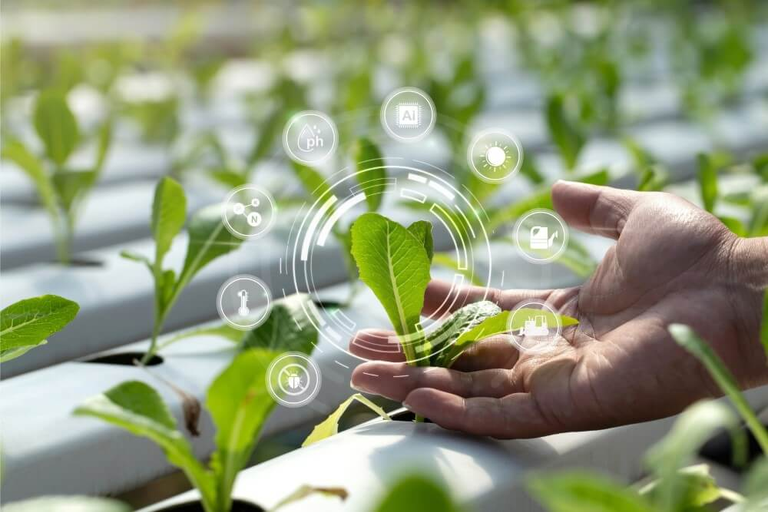Technological advancements have made our lives easier than ever before. Its impact on agriculture is immense—where farmers used to work day and night to grow crops, today modern machinery, artificial fertilizers, pesticides, and genetic engineering have increased crop production many times over. Science has achieved achievements that were once unimaginable. But the question remains—is this technological advancement perfect? Or do we have to pay a price for it that we still cannot fully understand?
In the past, when our grandparents farmed, the soil was naturally fertile, and the crops were rich in basic nutrients. But now? We are constantly consuming food that, although attractive in appearance, has largely lost its nutritional value. In our country winter has recently ended and spring has arrived. But these winter vegetables today no longer have the same appeal and fresh taste that they used to have. Because we have been eating these seasonal vegetables all year round—even in the summer, when we should be enjoying the taste of autumn or winter, the taste sensation has gradually faded. This example teaches us that just as the benefits of technology are increasing the quantity of our food, it is also affecting our sense of natural taste. On the one hand, due to the use of modern technology, we are able to produce more food, which is helping to reduce the food crisis in a crowded world. But at the same time, the use of artificial fertilizers and chemical pesticides is destroying the natural quality of the soil, reducing the real nutritional value of fruits and vegetables, and in the long run, it is negatively affecting our health.

In my opinion, the problem does not depend on the technology, but on how we are using technology. If we focus on organic fertilizers and natural methods of farming instead of artificial chemicals, it is possible to fill the nutritional gap while maintaining food security.
However, the biggest challenge is that food production has now become a business, where quantity is becoming more important than quality. There is an increasing dependence on chemical preservation systems to preserve crops for a long time for better market profits, which is even more harmful to our health. The once simple farming has now transformed into a complex process where we are unintentionally consuming food that is not entirely healthy for our bodies.
Despite all this, we can change this situation if we want to. Through the proper and balanced use of technology, the introduction of organic farming and the return to natural production methods, we can build a future where food will not only be easily available, but also healthy and nutritious. Sustainable agriculture does not only mean increasing food production, but also ensuring healthy and safe food. Therefore, we should focus on ensuring that technology does not become a tool for profit, but rather a real means of human welfare.
Technology has made agriculture easier but the outcome is less of nutrients to the body.